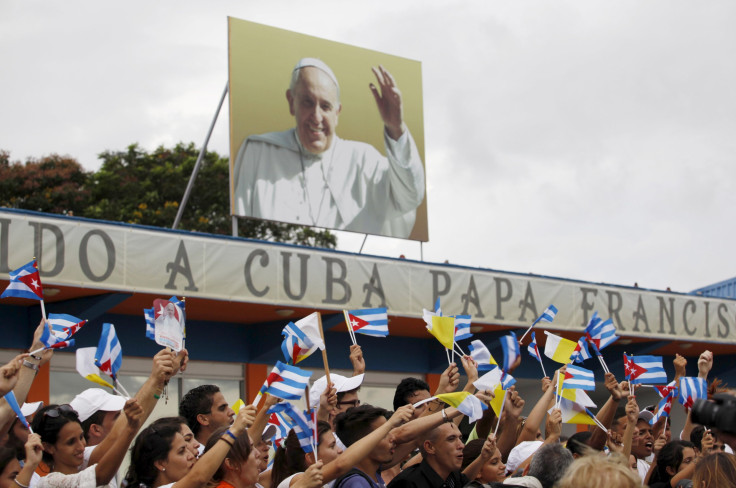US Considers Abstaining From UN Vote Condemning Cuba Embargo: Report

The United States might be willing to accept a United Nations condemnation of its trade embargo against Cuba without contest for the first time, according to a Monday report from the Associated Press.
Unnamed U.S. officials told AP that President Barack Obama's administration is considering the possibility of abstaining from the annual U.N. General Assembly vote on a Cuban-backed resolution to lift the embargo, which could come as soon as next month.
While no decision has been made, the fact that an abstention is being seriously considered is an unprecedented step, and a sign of recent advances in U.S.-Cuba relations. It is currently unheard of for a U.N. member state to refrain from opposing resolutions critical of its own laws.
By not voicing its opposition to the measure, the administration would be implicitly siding with the U.N. against the U.S. Congress, which has rebuffed attempts to repeal the 54-year-old embargo. The unnamed officials told AP that the administration felt that an abstention would send a powerful signal to Congress, throwing the administration’s weight behind the international body, in an effort to convince GOP lawmakers to end the embargo.
When Obama announced last December that Washington and Havana were set to normalize relations, he also called on Congress to banish the Cold War-era embargo.
The previous U.N. General Assembly vote on the issue last October passed 188-2 -- with only Israel joining the U.S. in opposing the measure. The U.N. gathering has officially condemned the embargo for the last 23 years.
Relations between the U.S. and Cuba have improved significantly over the past few months. On Friday, the U.S. lifted restrictions on travel, investment and commerce, and Obama held a rare phone call with Cuban President Raul Castro. The two countries reopened embassies last month, and Obama has used his executive authority to seek greater freedom of trade and travel between the two nations.
The White House said that Obama and Castro discussed "steps that the United States and Cuba can take, together and individually, to advance bilateral cooperation," while Havana emphasized “the need to expand their scope and abrogate, once and for all, the blockade policy for the benefit of both peoples."
The deal between the two countries was brokered in part by Pope Francis, who arrived in Havana Saturday. He is due to travel to the U.S. later this week.
© Copyright IBTimes 2025. All rights reserved.





















